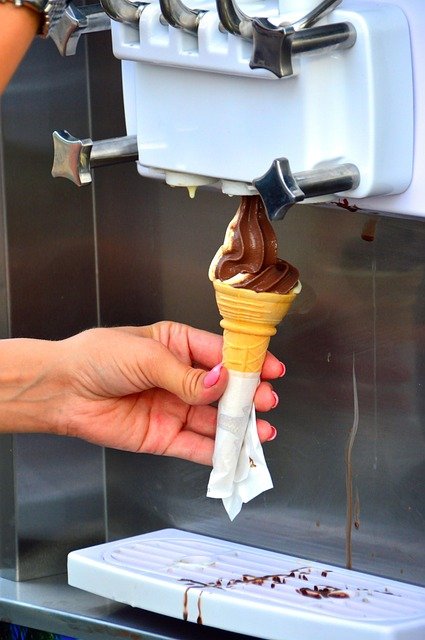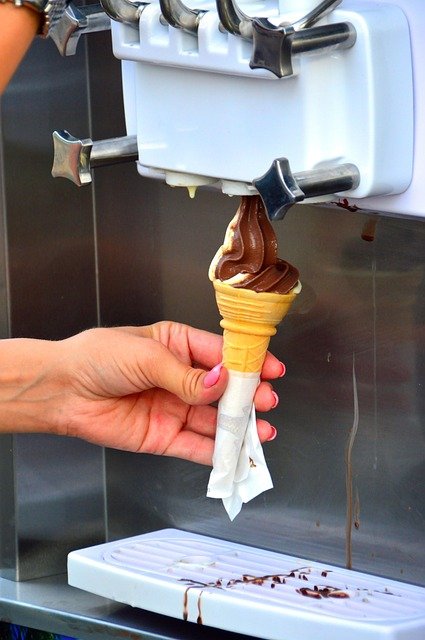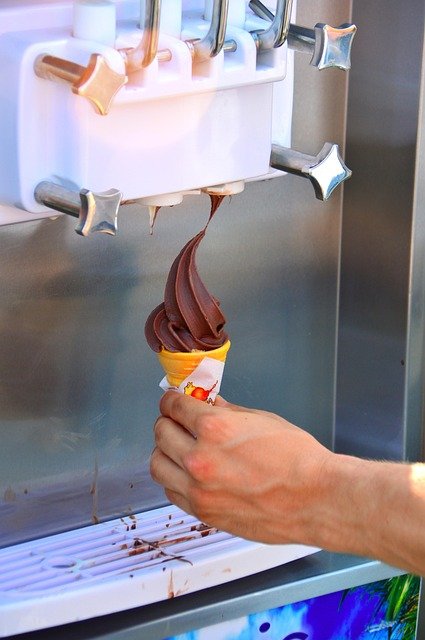Best Commercial Ice Makers for Business Efficiency
July 9, 2025 | by li, moniker

The Importance of an Ice Making Machine for Business
In the foodservice, hospitality, and healthcare industries, a reliable ice supply is essential. Whether it’s for keeping beverages cold, preserving perishable goods, or serving cocktails, a high-quality ice making machine for business ensures smooth operations and customer satisfaction. Investing in the right commercial ice maker can significantly impact efficiency, cost savings, and overall service quality. This article explores key considerations when choosing an ice maker, the different types available, maintenance best practices, and how to select the ideal model for your business needs. By understanding these factors, you can make an informed decision that enhances productivity and meets demand without unnecessary downtime.
Choosing the Right Commercial Ice Maker
Selecting the best Commercial Ice Maker depends on several factors, including production capacity, ice type, and space constraints. First, assess your daily ice requirements—restaurants, bars, and hotels typically need machines producing 100 to 1,000 pounds per day. Next, consider the ice shape: cube, nugget, or flake ice, each suited for different applications. For example, cube ice is ideal for drinks, while flake ice works better for food displays. Additionally, evaluate available space—undercounter models save room, while modular units offer higher output. Energy efficiency and water consumption also play a role in long-term operational costs. By analyzing these elements, businesses can choose a machine that aligns with their specific needs.
Types of Commercial Ice Makers
Commercial ice makers come in various designs, each catering to different business environments. Modular ice makers are standalone units with high production rates, perfect for large-scale operations like hotels. Undercounter models fit seamlessly into bars or small kitchens, offering convenience without sacrificing output. Countertop ice makers are compact and portable, ideal for mobile vendors or small cafés. Another key distinction is between air-cooled and water-cooled systems—air-cooled units are more common and energy-efficient, while water-cooled models perform better in high-temperature settings. Understanding these variations ensures businesses invest in a machine that matches their operational scale and environmental conditions.
Maintenance and Longevity
Proper maintenance is crucial for maximizing the lifespan of a commercial ice maker. Regular cleaning prevents mineral buildup and bacterial contamination, ensuring safe, high-quality ice. Descaling the machine monthly and sanitizing the storage bin reduces health risks and maintains efficiency. Additionally, inspecting water filters and condenser coils prevents clogs and overheating. Businesses should also schedule professional servicing annually to address potential issues before they escalate. By following these practices, companies can avoid costly repairs, extend equipment life, and maintain consistent ice production—key factors in uninterrupted service and customer satisfaction.
Conclusion: Investing in the Right Ice Solution
An ice making machine for business is more than just an appliance—it’s a critical component of daily operations. From selecting the right type and capacity to ensuring proper maintenance, each decision impacts efficiency and cost-effectiveness. Whether opting for a high-capacity modular unit or a compact undercounter model, businesses must align their choice with demand and space constraints. Regular upkeep further guarantees reliability and hygiene. By carefully evaluating these factors, companies can secure a dependable ice supply that supports seamless service and enhances customer experience. Investing in a quality Commercial Ice Maker ultimately pays off in operational smoothness and long-term savings.
RELATED POSTS
View all


